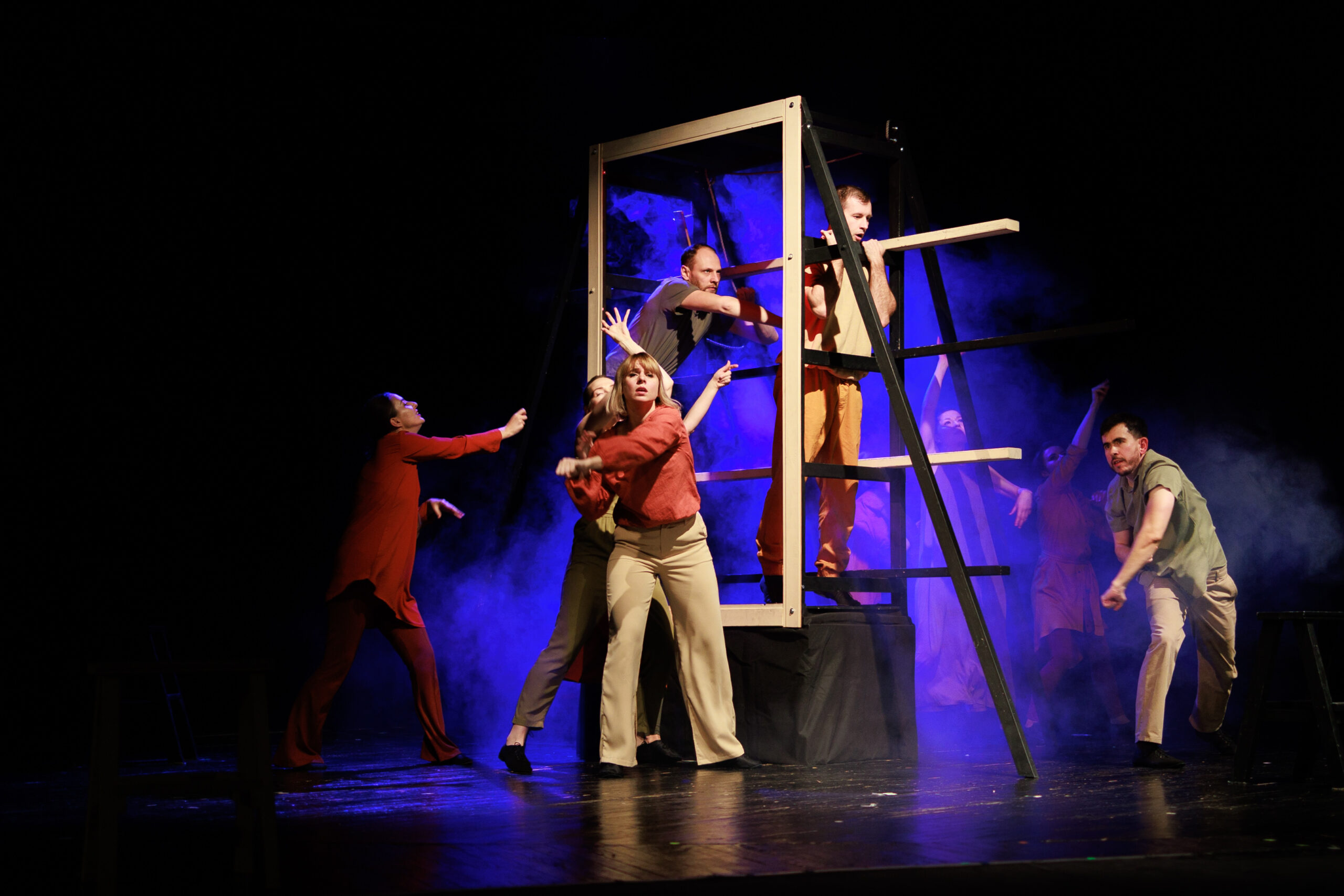When people hear the word “producer,” especially in the context of theater, they usually think about one thing: money. And sure, raising funds is an important part of what I do. Without financial backing, there’s no production. But producing theater is about much more than writing checks or courting investors. It’s also a deeply creative role—one that requires vision, taste, instinct, and collaboration. If I’m doing my job well, I’m not just making the show happen; I’m helping to shape what that show becomes.
In many ways, producing is like building a house. The financing is just the foundation. It’s necessary, but it’s not the full structure. There’s a blueprint to follow, a team of specialists to manage, and countless creative decisions to make along the way. The house doesn’t just get built because someone paid for the materials. It takes planning, intention, and taste to bring the design to life. That’s exactly how I see my role in theater.
The Art of Choosing Projects
One of the most creative parts of producing is simply deciding what to produce. It’s not just about reading scripts and thinking, “Will this sell?” It’s about responding emotionally, intellectually, and artistically to a piece of material. I ask myself: Does this move me? Is this story worth telling now? Is there a unique voice behind it? Will it resonate with audiences—not just today, but down the line?
These early decisions set the tone for everything that follows. Choosing a project is often a gut feeling. I’ve learned to trust my instincts, but I also surround myself with smart, creative people who challenge me and help me see things from different angles. Producing isn’t a solo sport—it’s a team effort from day one. When I find a story that speaks to me, I start thinking about how to build the right team around it. That’s where the creative puzzle really begins.
Assembling the Team
Casting, directors, designers, composers, choreographers—every person on a production contributes to the creative vision. As a producer, I play a part in bringing that team together. That means knowing who’s right for the story, who will work well together, and who can elevate the material. Sometimes it’s about taking a chance on someone new, other times it’s about calling someone I’ve worked with before and trust completely.
There’s nothing more satisfying than seeing a group of artists connect and push each other to do their best work. But getting to that point takes more than logistics—it takes insight. It means asking the right questions: How do we want this story to feel? What perspective are we bringing to it? What kind of world are we trying to create? Producers help frame those questions and keep the answers aligned as the production takes shape.
Being the Guardian of the Vision
Once rehearsals begin and the pieces start coming together, my job shifts into another gear. I become a sounding board, a problem-solver, a motivator, and sometimes, a quiet observer. One of the most important things a producer can do is protect the integrity of the production’s vision. That doesn’t mean controlling it—but rather ensuring that everyone has the space and support they need to do their best work. It means keeping the big picture in mind, especially when the process gets stressful or complicated (and it always does).
It’s easy for people to assume that producers are just there to sign off on budgets or approve marketing plans, but we’re also the ones helping shape the audience’s first impression of a show. From the way the set looks when the curtain rises, to how the production is presented in the press, to what kind of conversations it sparks after the lights come up—every part of that experience matters. And it all flows from the choices we make early on.
Creative Problem Solving
Producing also demands constant creative problem solving. Things go wrong. Budgets shift. A cast member gets sick. A design doesn’t work the way we thought it would. The best producers don’t panic when that happens—they adapt. And often, the solutions require creativity, not just practicality. I’ve had to think on my feet more times than I can count, and often those quick decisions end up improving the show. Sometimes the limitations push us to be more inventive. That’s the beauty of theater—it’s alive. And when you embrace that, you open the door to real artistry.
Staying Passionate
At the end of the day, what keeps me doing this work is my passion for storytelling. Theater is one of the most human forms of expression we have. It brings people together in a shared space, to experience something fleeting but powerful. As a producer, I get to help bring those moments into the world. And yes, it’s a business. Yes, we have to think about ticket sales and contracts and opening nights. But none of that matters without the art. The stories, the performances, the magic that happens when the lights go down—that’s what it’s all about.
Producing theater is a creative act. It requires vision, taste, courage, and heart. And while the money matters, it’s never the whole story. The real joy of this work is in shaping something beautiful, meaningful, and unforgettable—and then sharing it with an audience. That’s the part I live for.
